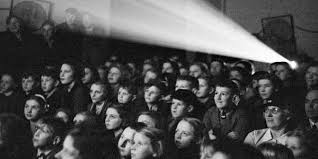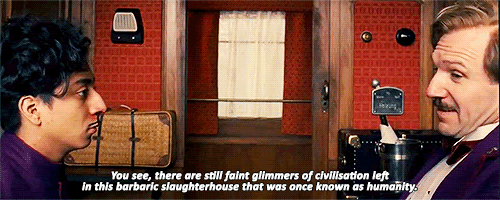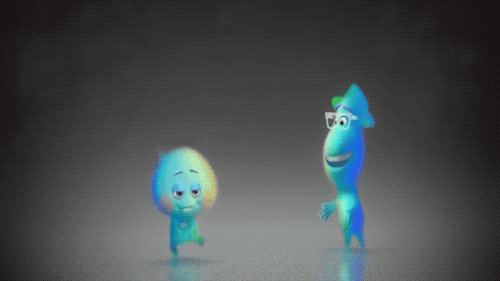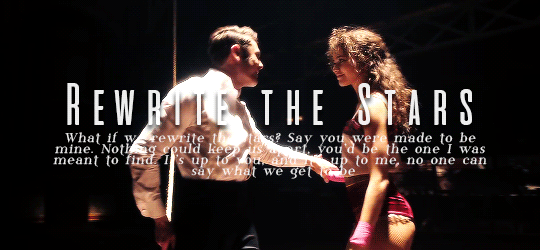By Fajar binti Benjamin

Of all the whimsical, hilarious and heartwarming lines in Wes Anderson’s ‘The Grand Budapest Hotel’, the one that kept my attention long after hearing it is this: “You can’t arrest him just because he’s a bloody immigrant, he hasn’t done anything wrong!”. This is said by M. Gustave, the high-class concierge of the hotel defending his son-like figure, Zero, who happens to be an immigrant in the fictional Republic of Zubrowka. Later on, frustrated that Zero hasn’t procured certain items, M. Gustave questions why Zero ever even left his country if he weren’t going to work his hardest to which Zero responds, “The war”. Immediately Gustave’s attitude flips, he softens, we soften with him.
How many times have we heard our parent’s generation complaining about how immigrants are dirty, lazy, scammers, or even dangerous? Isn’t this just an echo of that? Gustave asks, just like we privately ask, why come here? And Zero answers solemnly, the ugly truth is exposed; war, hunger, violence, plague.
We don’t want to confront the reality of the immigrants’ lives and their choices, we want to simply judge them on their conduct while they’re here. In a fleeting 2 scenes, Wes Anderson makes us question our attitudes deeply without ever forcing a confrontation between us and him.

This is the magic of movies.
As seen above, I have already demonstrated how a film can dismantle our biases, enlighten us from ignorance and overall, increase our tolerance for people who differ. Movies can unite us through display of ideology, and it’s not always the movies you would suspect. However, like any tool, movies can be used for mischief just as much as they can be used for enlightenment. And again, it’s not always the movies you would suspect.
Many of us have some recognition towards harmful stereotypes depicted in war movies. Hollywood is forever trying to justify US intervention on international soil as a humanitarian cause with their handsome and endless Chris-es dressed in camo, shooting terrorists and saving dusty brown kids. All this to distract from the truth of America’s warmongering.
Interestingly enough, one movie that tries to counteract this idea is Disney’s Captain Marvel which entails the ‘saviour’ aliens turning out to be the real aggressors against the ‘terrorist’ aliens all along.

There are also the movies that contain tropes on its own are not particularly harmful, but when such a trope is constantly repeated throughout other movies, it turns into a disturbing pattern that reflects a toxic perception from society.
What do the movies The Princess and The Frog, Spies in Disguise, and Soul all have in common? Apart from being animated, all three movies depict black characters spending most of the movie out of their own skins. If these three movies were just three movies amongst countless animated movies featuring POCs, then this trope would not be cause for concern.
Yet these movies are the movies that are lauded for their ‘representation’. One can’t help but wonder if these ‘represented’ characters have to be transformed into more palatable forms for the general public.

The final type movie I’d like to talk about is the ‘trojan horse’. Movies that present themselves outwardly as progressive and woke, with poisonous messages lurking within.
The Greatest Showman is often cited for depicting an interracial relationship within a setting where such a thing is considered taboo. It also has an overt message of accepting yourself for who you are with the smash hit song ‘This Is Me’. One goal of this movie is to ‘humanise freaks’, but if the movie thinks the term ‘freaks’ should be applied to anyone in the first place, it’s sorely mistaken. In essence, this movie justifies fraud, justifies Barnum’s superiority complex, justifies the dehumanization of people who are ‘other’, and belittles the struggle of racism with the cheesy adage ‘love conquers all’.
The movie seems to be implying that Zendaya’s doubts and fears of being with Zac Efron are all just in her head, giving very little legitimacy to how real and influential those fears are. Happiness cannot be found when you are practicing a belief within a society that opposes it. Ughyur Muslims, LGBT folk in conservative states, and POCs in racist societies, none of them can solve their problems by openly being themselves as they face a real risk of bodily harm. While I’m sure this movie is not trying to spread a careless attitude towards the dangers of racism, it certainly isn’t helping the cause as much as it thinks it is.

Movies are an artform, and more often than not, the screenwriter and director are trying to convey an idea to the audience. Every movie, from the latest MCU flick down to the most indie and low budgeted of horror films, is built on a theme. The people creating your entertainment believe in something, and their beliefs, conscious or not, colour in the work that they do.
It’s up to us, as the audience, to process these ideas, themes and beliefs with some level of knowledge and awareness in order to not be easily influenced in our perspectives of everyday life.
Anyone can start by taking the time to read reviews, watch video essays on Youtube and have meaningful discussions about the movie with friends and family. In this way, the time spent on entertainment becomes more than just hours wasted on empty calories and instead becomes educational, stretches the mind and builds social bonds.



